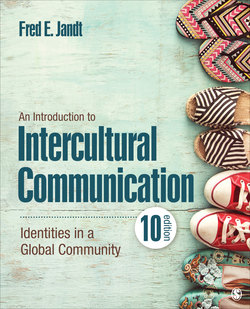Читать книгу An Introduction to Intercultural Communication - Fred E. Jandt - Страница 26
На сайте Литреса книга снята с продажи.
Focus on Culture 1.3 The Māori of New Zealand
ОглавлениеMāori celebrate the signing of the Treaty of Waitangi, New Zealand's founding document, on a public holiday every February 6.
Hannah Peters/Getty Images News/Getty Images
The original inhabitants of what is today known as New Zealand were Polynesians who arrived in a series of migrations more than 1,000 years ago. The original inhabitants' societies revolved around the iwi (tribe) or hapū (subtribe), which served to differentiate the many tribes of peoples. In 1769, Captain James Cook claimed the entire land for the British Crown. It was only after the arrival of the Europeans that the term Māori was used to describe all the tribes on the land. Those labeled Māori do not necessarily regard themselves as a single people.
The history of the Māori parallels the decline of other indigenous peoples in colonized lands, except for the signing of the Treaty of Waitangi in 1840 by more than 500 chiefs. The treaty was recorded in Māori and in English. The Māori and the English may have had different understandings of the terms governance and sovereignty. In exchange for granting sovereignty to Great Britain, the Māori were promised full exclusive and undisturbed possession of their lands, forests, fisheries, and other properties and the same rights and privileges enjoyed by British subjects. The terms of the treaty were largely ignored as Māori land was appropriated as settlers arrived.
Activism in the late 1960s brought a renaissance of Māori languages, literature, arts, and culture, and calls to address Māori land claims as the Treaty of Waitangi became the focus of grievances.
New Zealand's population by descent is approximately 14% Māori and 71% Pākehā (European). New Zealand is governed under a parliamentary democracy system with two separate electoral rolls: one for the election of general members of parliament and one for the election of a small number of Māori members of parliament. Pākehā can enroll on the general roll only; people who consider themselves Māori must choose which one of the two rolls they wish to be on.
The following article appeared in an August 1999 edition of the newspaper The Dominion.
Map 1.2 New Zealand
